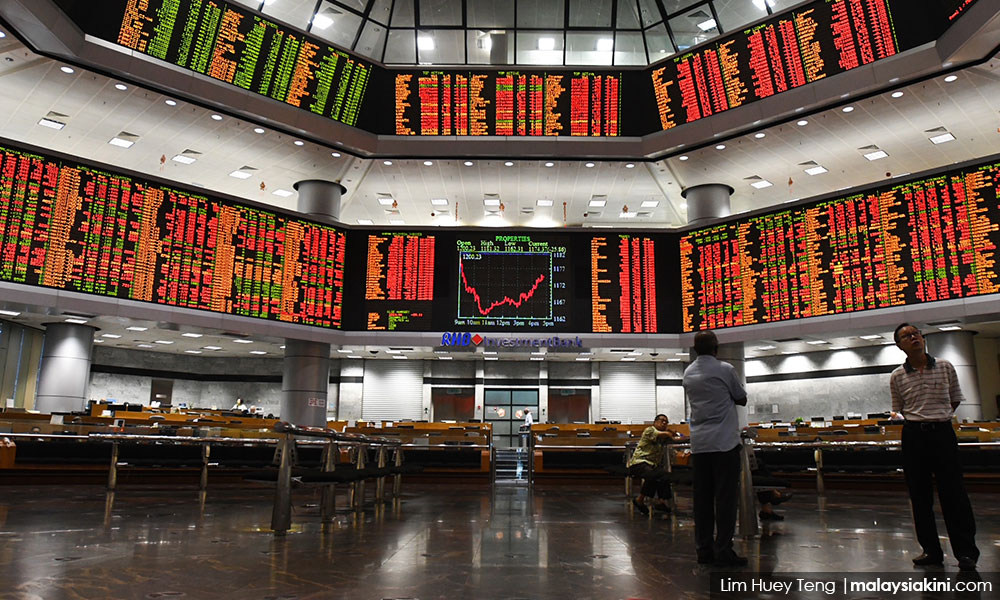LETTER | The depreciation of the ringgit bodes ill for the economy and even society. It has dropped to an alarming level where US$1 is equal to more than RM4.50.
If there is no government intervention to curb any further depreciation, US$1 might be exchanged for RM5 in the future, which can have numerous detrimental impacts.
While some economists argue that the depreciation can make Malaysia's exports more competitive and imports more expensive, resulting in higher net exports and ensuing economic growth, it is worth noting that its cons may outweigh the pros.
Therefore, closing the barn door before the horse bolts is of utmost importance.
The cost of servicing external debt in foreign currencies, especially US dollars, will increase as the ringgit plunges.
More ringgit will be required to repay the same amount in US dollars.
For example, if the exchange rate is RM4.00 per US$1, and the external debt amounts to US$1 million, then RM4 million is needed to pay off the debt.
However, if the exchange rate drops to RM5.00 per US$1, then more ringgit is needed to pay off the debt. This can place a greater burden on the government and corporations to repay their debt. Thus, financial instability may loom on the horizon.
Besides, investor confidence may wane when the ringgit is too weak. Many studies have found that a lower exchange rate may deter foreign investors from investing in Malaysia due to their lack of confidence in earning lucrative returns.
Additionally, a drop in the ringgit may be perceived as an indication of economic instability, which could affect their assessments of the nation's capacity to pay its external debt.

Losing investors’ trust might result from this, making it harder and more expensive for the government and enterprises to access global capital markets.
Therefore, the government must take measures to ensure that there is no further depreciation, which can have serious repercussions for the economy and society.
One possible measure the government might consider is fixing the exchange rate. By fixing the exchange rate, the government can stabilise the value of the currency and provide certainty for economic actors, including businesses and investors.
Nevertheless, this policy also might have cons that the government must carefully weigh before implementing it.
Author is a senior lecturer at the Faculty of Business and Communication, Universiti Malaysia Perlis.
The views expressed here are those of the author/contributor and do not necessarily represent the views of Malaysiakini.

